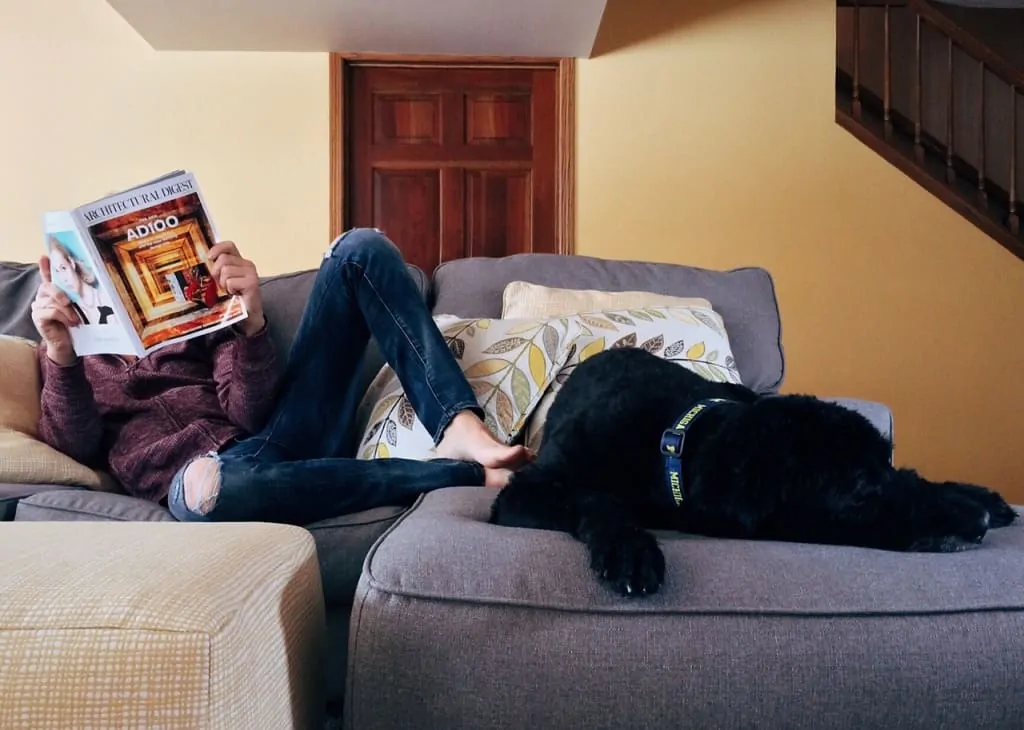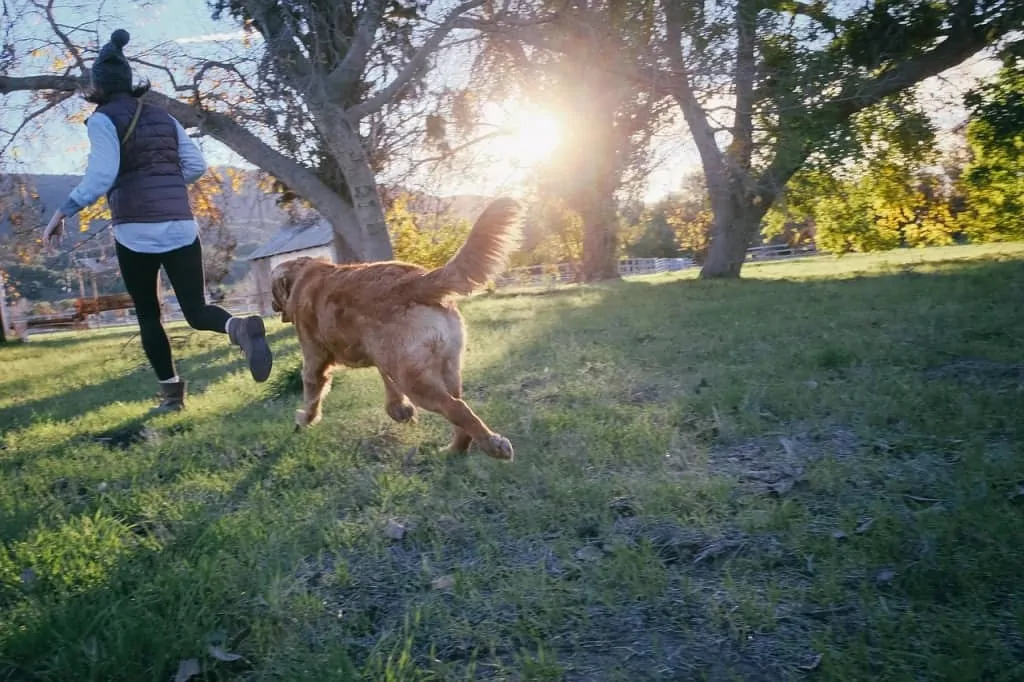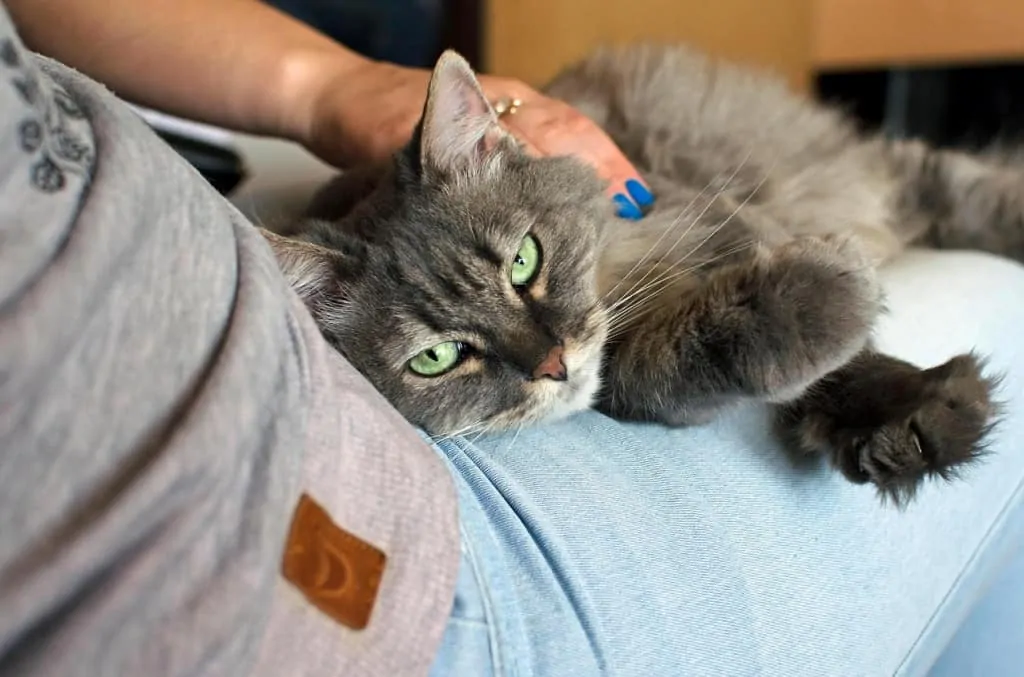Cost of Pets: How Much is Your New Pet Really Going to Cost You?
Like the old song says, “How much is that doggy in the window?” as cute as potential pets might be, they don’t come without costs. The true cost of owning a pet can be quite different to what you’re expecting. And while you might not want to think about how much that kitten or puppy will take out of your earnings over its lifetime, it’s a good idea to consider it before jumping into a purchase.
Owning a pet dog or cat in Australia can be costly. Even though the price might not seem like much now, it can add up to quite a bit during the animal’s lifetime. So we’re here to help you prepare for the costs you’ll face if you decide to get an adorable new pet!
Overview:
- Pros and cons having a pet
- How much is spent on pets each year?
- Cost of owning a pet dog
- Cost of owning a pet cat
- Consider cost of travelling with pets
- Other factors to consider before adopting a pet
- Is it worth owning a pet, even with the costs?
Pros and cons of having a pet
Pros of getting a dog or cat
Of course, there are many reasons beyond the financial aspect to consider when you think about getting a pet. Companionship, great way to help teach kids responsibility, great way to get exercise (if you get a dog) or even an additional element of security in your home (again, mostly for dogs, unless you have a feisty cat!). All of these are excellent pros on a pro/con list when thinking about getting an animal.
Cons of getting a dog or cat
If you look on the con side, owning a pet can cost a lot of money. According to the Pet Ownership Survey 2016, the average dog cost $1,475 and a cat cost about $1,029 on average each year. However, the statistics from an Animal Medicines Report show that people now spend on average $3,200 a year on pet dogs and $2,100 a year on cats. That adds up! Below you’ll see what all the money breaks down into and how much you could end up spending over their lifetime.
How much is spent on pets each year?
Over $13 billion was spent on pet services and products in 2019, according to a survey by Animal Medicines Australia.
Cost of owning a pet dog
Dogs can make such loving, sweet additions to a household. You can snuggle up with a dog, enjoy long walks together, take the dog to the park or lake, and just enjoy having someone to greet you when you arrive home every day. But unfortunately, caring for this new addition to the family isn’t going to be free.
The cost of owning a pet involves a lot of different things. For dogs, you’ll need to consider the following:
- Initial purchase
- Microchip
- Harness, leash, collar
- Vaccinations
- Council registration
- Worms, fleas, heartworms
- De-sexing
- Bowls, toys, treats, kennel, bed
- Food (size and breed also determine how much you’ll need to feed it)
- Grooming
- Vet bills and medications
And if you want to help your dog in the long run, you’ll probably want to throw in puppy training. Phew, that adds up quickly! The outpouring of money does slow down after getting your dog up to date and your household ready for him or her. But it still continues to cost you a chunk of change every year. And don’t forget that the costs will go up again as the animal ages, so you’ll need to figure out how much you want to spend as time goes on.
Cost of owning a pet cat
Cats typically cost less than dogs and don’t need you to do as much for them. However, keep in mind that they usually outlive dogs so the money will even out since you might be caring for them for several more years beyond what you might for a dog.
But that doesn’t mean having a purring cat on your lap isn’t a good idea. Cats can make great companions too. It’s just a good idea to do yourself a favour and think about all the costs related to a cat before you head out to a shelter and pick one out.
Here’s what you need to think about in terms of the cost of owning a cat:
- Buying the cat (or kitten)
- Council registration
- De-sexing
- Flea and worming
- Vaccinations (both as kittens and adults annually)
- Microchip
- Cage and bed
- Food and bowls
- Tray and litter
- Vet bills and medications
That’s the bare minimum cost involved with owning a pet cat. Then you might also need to add in toys, treats, grooming, and a scratching post—that is, if you don’t want your furniture ruined.
Tip for saving money on pet expenses
Research pet-related events in your area. Sites like eventbrite make it easy to find events offering free or discounted pet activities and services near you. It may also help you avoid expensive vet bills by cutting down on the care you need.
Read about how to get help paying for vet bills.
Consider the cost of travelling with pets
Whether you’re leaving them in a pet hotel or taking them with you, travelling or relocating a pet can be pricey.
No one wants to miss out on their holiday adventures, so consider which option you will take before you get a pet.
Other factors to consider before adopting a pet
On both sides, you should also consider other issues when deciding whether to adopt a dog or cat. Including the following:
- Have you thought about your living space?
- Is it really large enough to accommodate a dog?
- Will you mind going out every time the dog needs to go to the bathroom if you don’t have a fenced area off of your living quarters?
- Will the cat’s litter box feel like it’s on top of you or be a bother in your space?
- Is anyone in the home allergic to cats or dogs?
- Perhaps you may need to keep a supply of allergy medicine on hand.
- Do you want your cat to be an indoor-only pet or will you let it outside? Is it safe for the cat to be roaming or do you live near a busy street?
- Do you really want to walk a dog every day or worry about who will keep or pay for boarding every time you travel?
- Cats can stay in the home a little easier if it’s for a short time. However, you still need to make sure someone can stop by, feed them and clean out the litter box if you’re gone longer than 24 hours.
- Will you be getting pet insurance?
- How will you finance your vet bills if your dog or cat gets sick or injured?
All of these things (especially the financial side) should be considered when you look into adopting a pet.
End of life considerations for your pet
It’s terrible to have to think about the end of life costs of our beloved pets, but it’s important to keep in mind. As your pet moves into old age, the price of looking after them can drastically increase. The need for medication and vet assistance tends to increase in frequency.
Here are some other cost factors you should keep in mind that seem unimportant when you first think of buying a pet:
- Quality of life expenses—such as surgery, medications, and physiotherapy services)
- Pet euthanasia cost—costs depend on the size of the animal, your location, and where the procedure is happening. But the average dog euthanasia cost tends to be between $100-$300.
- Pet cremation cost—some cremation businesses offer discounted prices, but costs tend to start at $200 for the cremation of a small pet.
- Funeral or burial cost—there can be risks to burying your pet in the backyard
It’s better to be prepared for the future from the get-go than to be surprised by those hidden costs. Hopefully, it will be many happy years before you have to face such choices.
Hot tip for saving money on the cost of owning a pet
Adopt from the RSPCA or from a dog or cat shelter. Not only will you be saving an animal, but you’ll be saving money too. If you adopt through these organisations, they will already have done the de-sexing, worm treatments and vaccinations that are necessary for puppies or kittens. So it’s a win-win situation for you and your future pet.
Is it worth owning a pet, even with the costs?
There is no putting a price on the love and companionship a pet can offer. Unfortunately, life is pretty pricey right now and you do still have to consider it. If you can manage to budget for a pet and you are prepared for the care involved, owning a pet can be one of life’s great joys.
If owning a pet isn’t the right option for you right now, you can always volunteer at a pet shelter or visit a pet cafe. Check out this list of cat cafes in Australia for some tips on where to get your fill without all the cost and responsibility of owning a pet.
Need help paying a vet bill? Check out our small vet bill loans.










